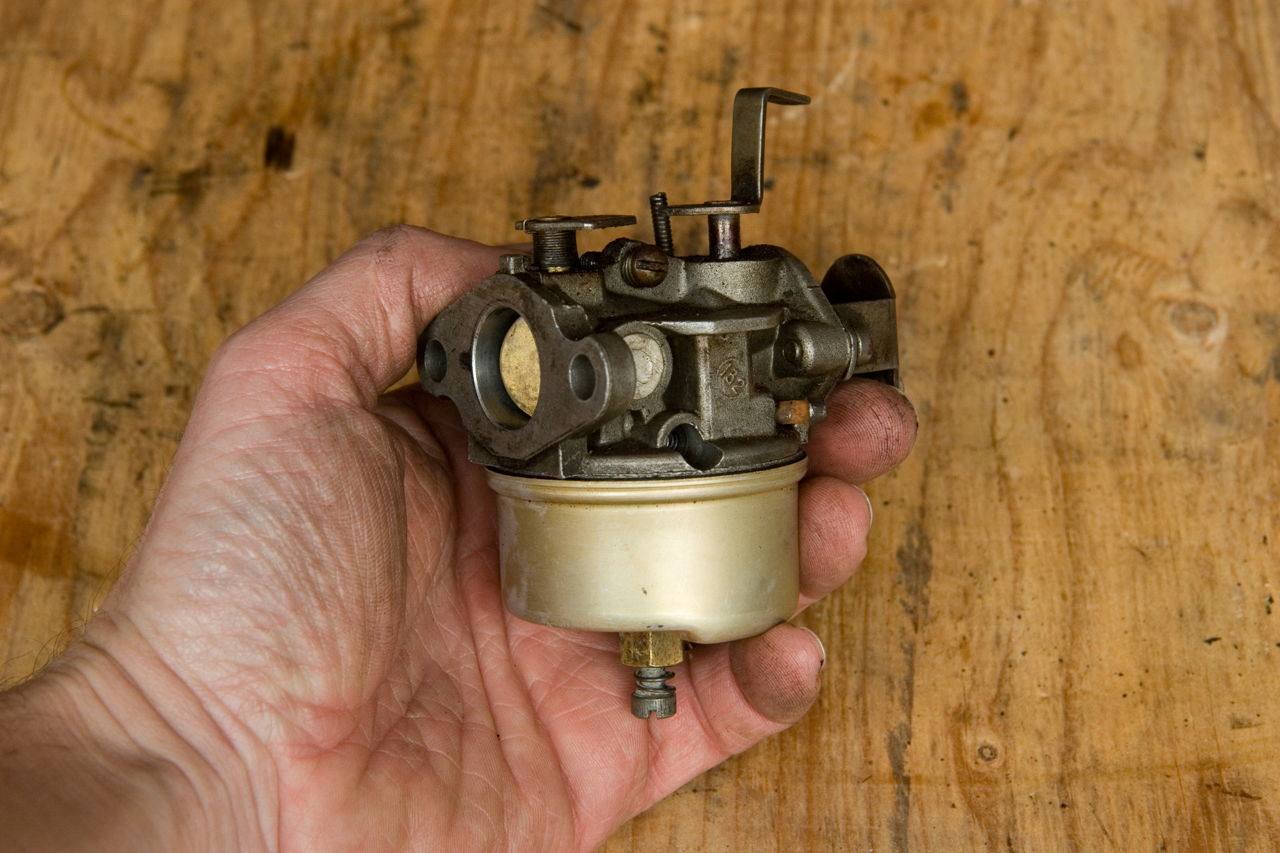
Increased infrastructure development and need for transport and logistics have made room for better salaries for diesel mechanics. They are in great demand, and they also earn a decent pay. This CareerStint article furnishes more details.
Did You Know?
According to Indeed, the average annual salary for diesel mechanics across the US is $35,000.
The invention of automobiles has made life easier for humans since the last century. Millions of vehicles are rolled out from factories across the globe every year. With better infrastructure, automobiles, and other transport facilities, commodities and various other raw materials are transported in quicker time. Nonetheless, automobiles being machines, they are also subject to wear and tear and hosts of other issues, thus, leading to malfunctioning and poor performance.
This is where the role of diesel mechanics comes into picture. In recent years, with the increasing demand for diesel vehicles, career opportunities for these professionals have improved and so have their salaries. This profession has been passed down from the earlier generation, and it is not surprising to find many fathers and sons working in the same auto repair business. Some others find this job very challenging and interesting, and want to get into it due to their love for wheels. These professionals earn an adequate sum, which depends on several factors, and it varies according to the state they are employed in. Let us see their salary prospects in detail.
Salary
As mentioned earlier, the salary depends on various factors such as the person’s skills, the type of vehicle one specializes in, and the state where s/he is employed. Here are the state-wise figures as of May 2014 for diesel mechanics.
State-wise Salary Range
| Alabama | $36,000 |
| Alaska | $27,000 |
| Arizona | $29,000 |
| Arkansas | $35,000 |
| California | $38,000 |
| Colorado | $32,000 |
| Connecticut | $41,000 |
| Delaware | $31,000 |
| Florida | $33,000 |
| Georgia | $41,000 |
| Hawaii | $22,000 |
| Idaho | $24,000 |
| Illinois | $40,000 |
| Indiana | $34,000 |
| Iowa | $35,000 |
| Kansas | $32,000 |
| Kentucky | $30,000 |
| Louisiana | $31,000 |
| Maine | $31,000 |
| Maryland | $37,000 |
| Massachusetts | $43,000 |
| Michigan | $36,000 |
| Minnesota | $31,000 |
| Mississippi | $37,000 |
| Missouri | $35,000 |
| Montana | $32,000 |
| Nebraska | $26,000 |
| Nevada | $28,000 |
| New Hampshire | $35,000 |
| New Jersey | $38,000 |
| New Mexico | $31,000 |
| New York | $43,000 |
| North Carolina | $34,000 |
| North Dakota | $32,000 |
| Ohio | $34,000 |
| Oklahoma | $33,000 |
| Oregon | $34,000 |
| Pennsylvania | $34,000 |
| Rhode Island | $33,000 |
| South Carolina | $35,000 |
| South Dakota | $27,000 |
| Tennessee | $33,000 |
| Texas | $34,000 |
| Utah | $28,000 |
| Vermont | $32,000 |
| Virginia | $36,000 |
| Washington | $36,000 |
| West Virginia | $34,000 |
| Wisconsin | $32,000 |
| Wyoming | $30,000 |
The above-mentioned figures are sourced from indeed.com. One can find better job opportunities after completing their post-secondary training in diesel engine repair. These professionals have to carry out several tasks as a part of their job. Let us see their job profile in detail.
Job Description
Their duties and responsibilities include:
- Repair and maintenance of diesel engines used in buses, trucks, ships, trains, and various other types of vehicles.
- Conducting diagnostic tests to find engine problems, and then replacing the faulty parts.
- Checking water cooling systems and cleaning air and oil filters to prevent damage to engine parts.
- Replacing worn-out parts of an engine after it has traveled a considerable distance.
- Using tools including pliers, wrenches, screwdrivers, and dynamometers (to check engine power) to replace auto parts.
- Routinely servicing the public transport buses at city transit systems.
Required Skills and Training
A high school diploma along with mechanical skills is the entry requirement for this job. On-the-job training in automobile workshops is highly recommended. Many vocational schools also provide training in this field, and some aspirants choose programs that include four years of study in a vocational school. When it comes to employment, many employers prefer candidates who have completed an apprenticeship.
